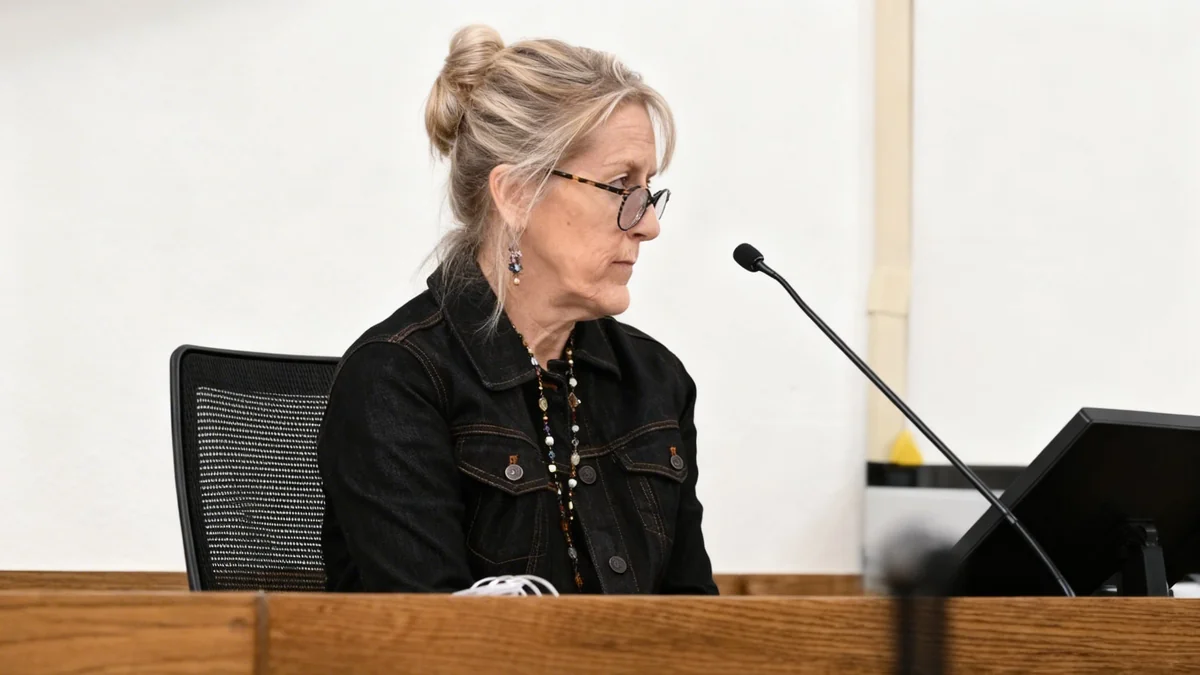Sweeping rental reforms are set to take effect in Victoria next week, introducing significant changes for landlords, agents, and the state's large population of tenants. The new regulations, which officially begin on Tuesday, November 25, are designed to increase protections for renters by banning no-fault evictions, extending notice periods, and tightening rules around rental bidding and data privacy.
These measures will impact approximately 30 percent of the state's residents who live in rental properties. The changes are part of a broader national effort to address issues within the rental market, including housing security and the handling of sensitive personal information.
Key Takeaways
- New rental laws in Victoria will be enforced starting Tuesday, November 25.
- The reforms ban 'no-fault' evictions, requiring landlords to provide a valid reason to end a tenancy.
- Notice periods for rent increases and valid notices to vacate are extended from 60 to 90 days.
- Stricter bans on rental bidding and new requirements for fixed-price advertising are included.
- The changes also introduce stronger property standards and enhanced data protection for tenants.
Ending 'No-Fault' Evictions and Extending Notice Periods
One of the most significant changes is the elimination of 'no-fault' or 'no reason' evictions. Under the new rules, landlords will no longer be able to terminate a lease at the end of a fixed-term agreement without providing a valid, specified reason. This move aims to provide tenants with greater housing security and stability.
In addition, the mandatory notice period for both rent increases and valid notices to vacate has been extended. Landlords must now provide tenants with 90 days' notice, an increase from the previous requirement of 60 days. This gives renters more time to either budget for a rent hike or find alternative accommodation.
A Growing Renter Population
While the majority of renters in Victoria are between 25 and 34 years old, the fastest-growing demographic in the rental market is individuals aged 55 and over. A report from The Grattan Institute highlighted a significant drop in homeownership among poorer Australians aged 45 to 54, falling from 68% to just 54%.
Crackdown on Rental Bidding and Advertising Practices
The reforms introduce a stricter ban on rental bidding. While soliciting higher offers has been illegal since 2021, the new enforcement makes it explicitly unlawful for real estate agents to accept, encourage, or solicit bids above the advertised price.
To support this, properties must be advertised with a fixed price. Consumer Affairs Victoria has partnered with major property websites like REA Group and Domain to close loopholes that previously allowed for price ranges or vague advertisements. The state's Renting Taskforce has been actively enforcing these rules, issuing over $600,000 in fines during the 2024-25 period to non-compliant agents and rental providers.
"Whenever I speak to renters, their main concern is that people can't afford their rent," said Jordan van den Lamb, a rental advocate, who noted that some landlords may still use significant rent increases as a method to push tenants out.
Improved Property Standards and Data Security
Landlords now face stricter obligations regarding the condition of their properties. A key change requires that a rental property must meet all minimum standards before it is advertised, rather than just before a tenant moves in. This ensures that prospective renters are viewing homes that are already compliant and safe. For example, a new standard effective December 1 will require all internal window coverings to have secured cords.
Fear of Retaliation
A recent report from the Consumer Policy Research Centre (CPRC) found that while a majority of Victorian renters have experienced a significant tenancy issue, only 52% lodged a complaint. Many cited fear of retaliation, such as a rent increase or eviction, as a reason for not raising concerns.
The reforms also address the growing concern over tenant data privacy. New rules will govern how rental platforms and agencies handle, store, and destroy the sensitive information collected during the application process. Disclosing a tenant's private information will become an offence.
This aligns with a federal initiative announced by the Albanese government to pilot a secure online portal for rental applications. Finance Minister Katy Gallagher stated the goal is to prevent applicants from handing over "mountains of sensitive information like your passport and fortnightly pay slips" for every application.
Industry and Advocate Perspectives
The changes are seen by many as a positive step in a national trend toward strengthening renters' rights. Simon Berglund, General Manager of real estate technology provider Reapit Australia, described the push to protect renters and streamline applications as "the right thing to be doing." He highlighted the risks associated with tenants sharing sensitive documents like income records and passports.
However, some advocates remain cautious. Jordan van den Lamb pointed out that this is the second time the government has announced bans on no-fault evictions and rental bidding, suggesting previous implementation efforts have fallen short. He expressed concern that without a cap on rent increases, some of the reforms could be undermined.
While Victorian law does not cap rent increases, landlords are required to provide tenants with information on how an increase was calculated, which can be used as grounds for a challenge at the Victorian Civil and Administrative Tribunal (VCAT).





